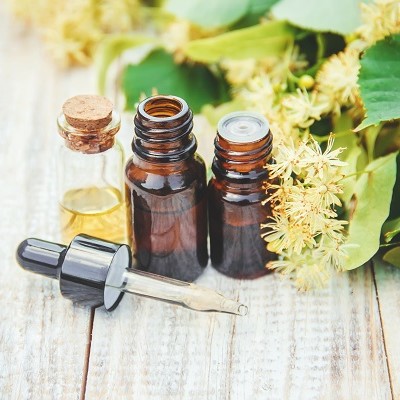 Aromatherapy is a method of natural healing that takes advantage of plant oils to boost health and wellness. In simple terms, aromatherapy is the practice of inhaling the scents of essential oils to enhance your well-being. The practice has been around for centuries.
Aromatherapy is a method of natural healing that takes advantage of plant oils to boost health and wellness. In simple terms, aromatherapy is the practice of inhaling the scents of essential oils to enhance your well-being. The practice has been around for centuries.
Although it is not clear where aromatherapy itself originated, it is believed that the Egyptians were among the first to extract oils, which they used to embalm their dead.
In today’s world, aromatherapy is mostly commonly practiced by either topical skin application or inhalation. It is available through a variety of forms, including candles, oils, lotions, and bath salts.
Inhalation of Essential Oils
The traditional method of engaging in aromatherapy is to inhale the essential oils is. You can inhale essential oils through either your nose or mouth. The practice can assist you in treating a variety of symptoms or conditions.
Inhalation helps to carry the oil’s molecules straight into your lungs, your brain, and the rest of your body. As the molecules travel throughout the body, they impact your heart rate, breathing, and blood pressure.
Topical Skin Application of Essential Oils
The use of essential oils by applying it to the skin is commonly done during massage. Our skin is permeable and thus readily absorbs oils. Skin application of essential oils can generate some of the same positive results as inhalation.
Can I Ingest Essential Oils?
Experts advise against drinking essential oils or adding them to food. Ingestion of essential oils can increase the risk of toxic side effects that harm your internal organs –specifically, your liver and kidneys.
What are the Benefits of Aromatherapy?
Aromatherapy has many physical, mental, and emotional benefits, which are outlined below.
Improves Sleep Quality
Studies (Effects of aromatherapy on sleep quality and anxiety of patients; Karadag, et al) demonstrate that aromatherapy can help solve people’s sleep problems. This works both in the comfort of one’s home and in a hospital. Some of the best essential oils to help with poor sleep patterns are lavender, clary sage, and bergamot.
Helps with Fatigue
Studies (The Effect of Aromatherapy Treatment on Fatigue and Relaxation for Mothers during the Early Puerperal Period in Japan: A Pilot Study; Asazawa, et al) show that aromatherapy can enhance your ability to relax and can decrease fatigue.
Some essential oils have properties that can boost your energy. With just a few drops, you can experience a sense of revitalization and reinvigoration. What are the best oils for fatigue? Eucalyptus, rosemary, pine, and cedarwood are excellent oils for combatting fatigue.
Promotes Respiratory Health
Essential oils like eucalyptus and peppermint have been shown to be effective at relieving respiratory issues like congestion or sinus problems. Of course, be careful not to overdo this treatment, since these oils can also irritate the respiratory tract when used in excess.
Studies show that in addition to respiratory relief, eucalyptus and peppermint oils can also help to boost your level of focus and can help the muscles throughout your body (not only your respiratory muscles) to function well.
Relieves Anxiety
Essential oils can be a useful component of your stress management regimen. Lavender, rosemary, and chamomile oils can reduce stress, relax the mind, and support restful sleep.
Proceed with Caution
As beneficial as aromatherapy oils are, you should beware that there are risks of side effects—whether due to improper use or natural reactions, such as skin or allergic reactions.
Essential oils used in aromatherapy are safe when you use them as directed (i.e., by diluting them properly, not applying them directly to your skin, etc.) and can yield positive results for you physically, emotionally, and spiritually.
Steer clear of eating or drinking fluids that contain essential oils as they can be toxic to your body or interfere with your medications.






